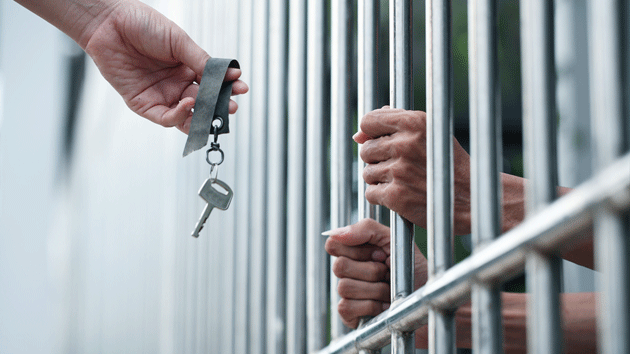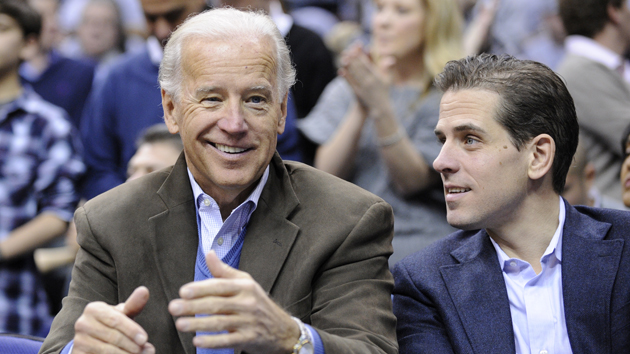
<a href="http://www.shutterstock.com/pic-167542415.html">sakhorn</a>/Shutterstock
Voters in the birthplace of mass incarceration just gave it a major blow. With California’s passage of Proposition 47, which reclassifies nonviolent crimes previously considered felonies—think simple drug possession or petty theft—as misdemeanors, some 40,000 fewer people will be convicted of felonies each year. Thousands of prisoners could be set free. People with certain kinds of felonies on their records can now apply to have them removed.
The state’s Legislative Analyst’s Office estimates the reforms will save California hundreds of millions of dollars annually, money that will be reinvested in school truancy and dropout prevention, mental health and substance abuse treatment, and victim services.
The proposition’s passage represents a pendulum swing: Just two decades ago, California overwhelmingly passed a three-strikes ballot initiative that would go on to send people to prison for life for stealing tube socks and other minor offenses. Last night, the state’s voters turned back the dial.
The new law requires the savings from reducing prison rolls to be reinvested into other areas that could, in the long-term, further reduce the prison population. Take dropout prevention: Half of the nation’s dropouts are jobless, and according to a 2006 study by the Gates Foundation, and they are more than eight times as likely to get locked up.
The same goes for increased funding to aid the mentally ill. In California, the number of mentally ill prisoners has doubled over the last 14 years. Mentally ill inmates in state prisons serve an average of 15 months longer. Lockups have become our country’s go-to provider of mental health care: the nation’s three largest mental health providers are jails. There are ten times as many mentally ill people behind bars as in state hospitals. Sixteen percent of inmates have a severe mental illness like schizophrenia, which is two and a half times the rate in the early 1980s. Prop 47 will provide more money for mental health programs that have been proven to drop incarceration rates. For example, when Nevada County, California started an Assisted Outpatient Treatment program, average jail times for the mentally ill dropped from 521 days to just 17.
Keeping drug users out of prison and putting more money into drug treatment is probably the most commonsense change that will come out of the measure. Sixteen percent of state prisoners and half of federal prisoners are incarcerated for drug offenses. Yet there is growing evidence that incarceration does not reduce drug addiction. And while 65 percent of US inmates are drug addicts, only 11 percent receive treatment in prison. Alternatives exist: a pilot project in Hawaii suggested that drug offenders given probation over being sent to prison were half as likely to be arrested for a new crime and 70 percent less likely to use drugs.
California’s vote comes at a time when it seems more and more Americans are questioning how often—and for how long—our justice system incarcerates criminals. Last year, a poll of, yes, Texas Republicans showed that 81% favored treatment over prison for drug offenders. The passage of Prop 47 is yet another example that prison reform is no longer a partisan issue. The largest single backer of the ballot measure was Bradley Wayne Hughes Jr., a conservative multimillionaire who has been a major financial supporter of Republicans and Karl Rove’s American Crossroads. His donation of $1.3 million was second only to contributions from George Soros’s Open Society Policy Center.
The passage of Prop 47 might inspire campaigners to put prison on the ballot in other states. It might also push lawmakers to realize they can ease the penal code on their own without voters skewering them for letting nonviolent people out of prison—and keeping them out.












